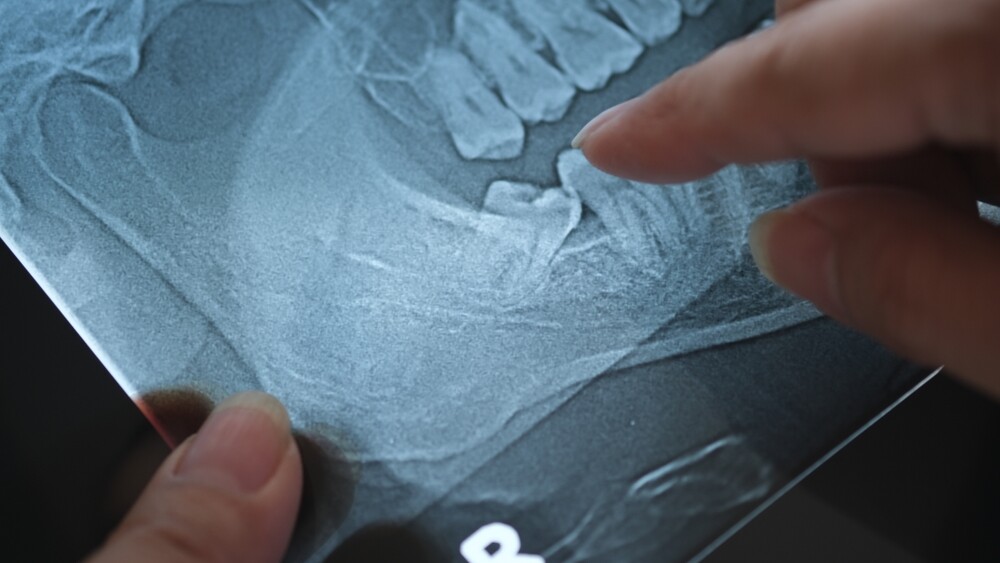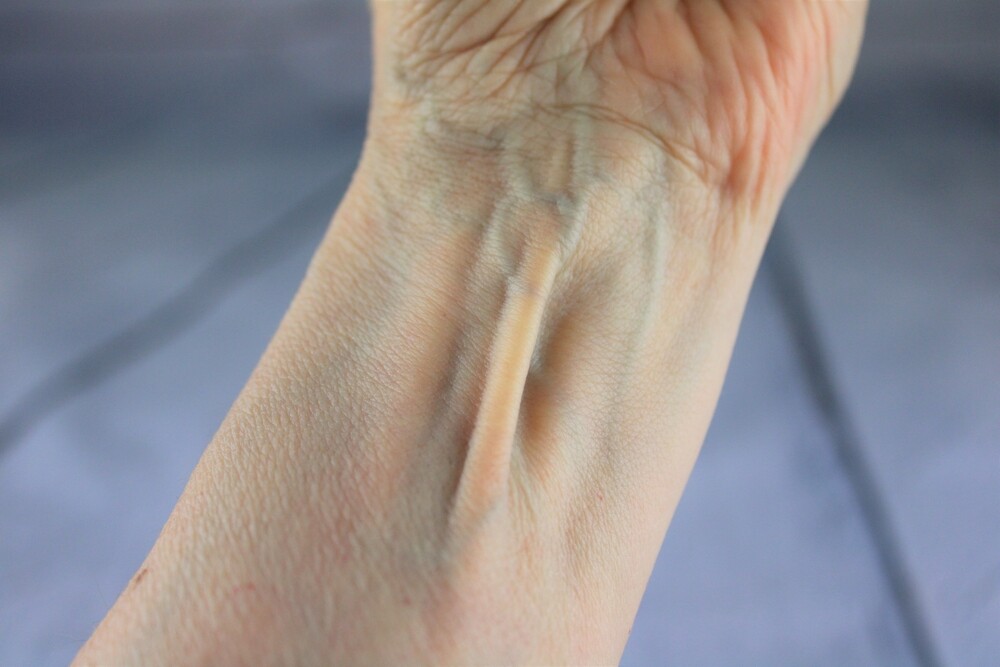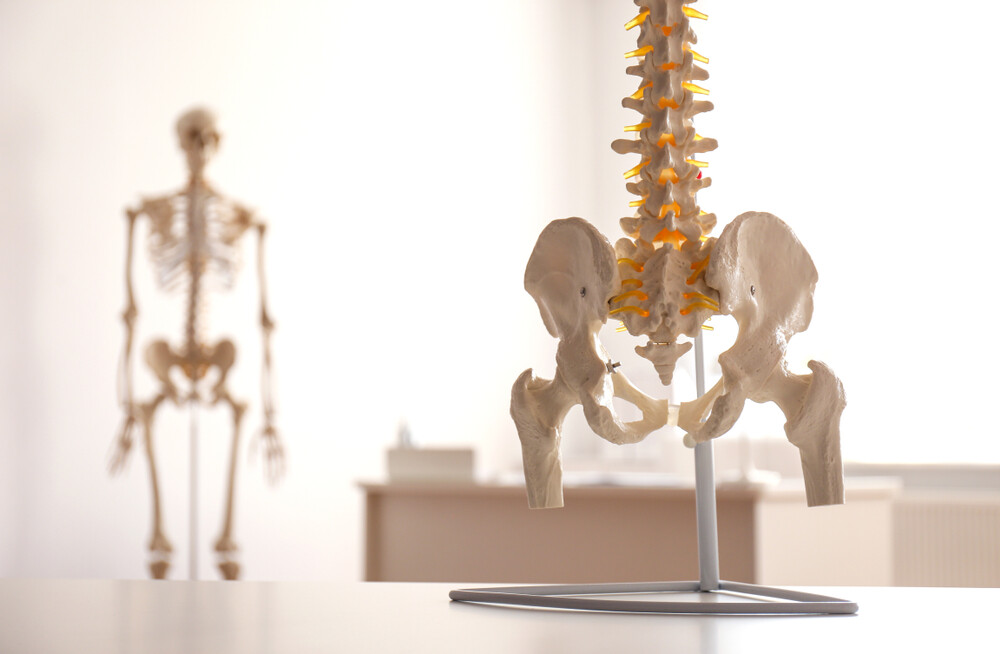Evolution is an incredibly slow process. Usually, though, we’re only looking at that fact from one direction — the amount of time it takes for a creature to develop some feature or other. But the same way that evolution can’t just pop a shell on a lizard one generation after it starts getting crushed a bunch, it’s similarly sluggish about the things we no longer need.
Humans, in particular. have quickly outgrown the need for some traits that helped our more rough-and-tumble ancestors — mainly thanks to the development of email and beef we don’t have to hunt ourselves.
Here then are five human features we don’t need anymore, but we’re stuck with anyway…
Tailbone
Shutterstock
A bony protrusion that seems like it should be enough to quiet Creationists by itself, the tailbone, or coccyx, is the remnant of the bones that would have controlled the tails of not only our deepest primate ancestors, but the fish that hauled themselves out of that first sea. Now, with most humans notably tailless, at least after the first two months in the womb, it simply exists to be a little bit of skeleton with a funny name for people to break skateboarding.
Wisdom Teeth

Shutterstock
Wisdom teeth are a relic of the times when our ancestors were eating some serious roughage, stuff that would make raw kale seem like a smooth bechamel. A third set of molars helped them crunch and munch their way through a mostly raw diet. Now, of course, we’ve developed technology like barbecue and blenders that minimize chewing. In fact, we’re so far past needing third molars that not only are they unnecessary, but our literal jaws and mouths have become smaller over time, meaning that they end up demanding a room in a fully booked Tooth Motel.
Instead of helping with dinner, they now mainly serve to cause health problems and require surgical removal. Real assholes, if we’re being honest.
Third Eyelid

Shutterstock
Something you might have noticed, especially if you’ve ever tried your hand at portraiture (or are a relentless narcissist), is a tiny little feature in the corner of the human eye. Tucked on the side of our eye, on the side next to our nose, is a little nib of pink flesh. Some people might inaccurately think that it’s a tear duct or the like; in reality, it’s the tiniest bit of a long-gone third eyelid.
Called the plica semilunaris, it’s thought to be a remnant of a nictitating membrane, a transparent third eyelid that other species like lizards retain and use to protect their eyes. Honestly, it might be nice to have kept for stuff like eating grapefruit in the morning.
Palmaris Longus Muscle

Shutterstock
It’s easy for a tiny tailbone or a pink eye pip to fly under the radar, but an entire muscle? It seems like any full-on muscle that we’ve got is probably pretty important. Not true for the palmaris longus muscle, however.
This isn’t pure conjecture either, but something we know as fact. That’s because 10 to 15 percent of people are born without it, and absolutely nothing happens. In fact, the only two humans who would ever really see its benefits are Spider-Man and Tarzan. That’s because the muscle is a relic of tree-dwelling species, and serves to help swing through trees, something pretty much zero modern humans are doing unattached to a zip line.
Appendix

Shutterstock
The appendix is perhaps the most classically useless organ of all. Shockingly, however, an organ that’s most famous for being removed might finally be vindicated by science. Recent research shows that the appendix might actually be doing something down there after all. Namely, producing gut bacteria, which must have been frustrating for the appendix, knowing it was spending all day and night cooking up digestive juices only to get yanked out the first time it even slightly beefs up.
Though, to be clear, it’s still entirely removable with minimal ill effects, so let’s hold off on lumping it in with power players like the lungs or heart.

